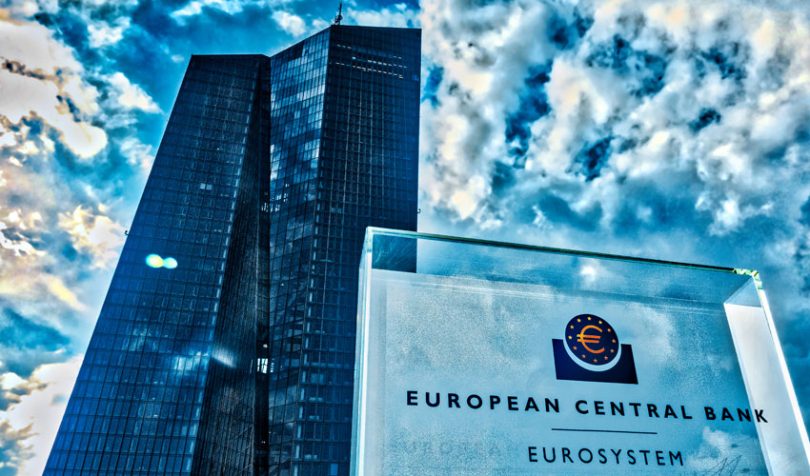The Russian invasion of Ukraine and the war that has been ongoing for four months now – triggering Western sanctions against Moscow and Vladimir Putin’s games with natural gas and crude oil – creates complex economic conditions globally and especially in Europe, which has faced very serious repercussions.
Gradually, as the war continues, one may well see the establishment of a permanent economic crisis chain, with severe pressures on Greece and all of Europe, which is dependent on Russian energy.
The war led to skyrocketing natural gas and crude oil prices, greatly increased the cost of electricity production, and aggravated the inflationary pressures caused by the pandemic, forcing central banks to urgently take anti-inflationary monetary measures, chief among which is interest rate hikes almost everywhere in the Western world.
The sudden rise in interest rates naturally caused great turbulence in international money and capital markets, intensifying current uncertainties and even reviving concerns about a potential new debt crisis.
Indeed, that was confirmed last week with a major hike in the cost of bond issues – state and corporate – in Greece and Italy, forcing the European Central Bank to intervene in order to avoid fragmentation of the bond market in the eurozone and to avert a repeat of the pressures on debt management that we saw in 2009.
In any event, the protracted period of zero interest rates ended in a matter of days, borrowing money is more expensive everywhere, and deep reservations have again developed in the international investment community.
The explosive combination of major price hikes on natural gas, crude oil, electricity, and the cost of producing goods and services on the one hand, and inflation, interest rates and debt on the other, impact in a catalytic manner on economies, placing insufferable pressures on European societies.
The best-case scenario is a swift end of the Russo-Ukrainian war and a rapid normalisation of energy markets.
Because that is nowhere in sight, one needs coordinated action to temper the repercussions of the war.
There are many limitations, fiscal resources are not inexhaustible, and the hawkish eye of international markets is systematically monitoring over-indebted countries, especially Greece, even though our country seems secure due to its debt settlement arrangements.
In these dangerous and quite uncertain conditions, Greece needs to make prudent and absolutely rational choices.
Opting for universal, horizontal fiscal relief measures entails a huge burden on the budget and it is not advisable because not everyone is equally exposed to inflation.
Systematic studies have shown that low-income households spend 35 percent of their income on public utilities and transport services, whereas the impact on higher income brackets is just 10 percent.
Hence the impact on energy price hikes and the distribution of income is substantial, with families in low-income brackets is four times greater than that of high-income brackets.
That multiplies the responsibility of any government. An arduous effort is needed to find and assist poorer families that truly need to augment their income.
Under current conditions, not a single euro should be lost from available investment funds.
The government is obliged to facilitate public and private investment and to properly channel EU Recovery Fund and National Strategic Reference Framework (ESPA) monies, so as to create new value and as many jobs as possible, and so that wealth will be spread throughout all of society.
Moreover, certainly the time has come for businessmen and banks to assume the necessary risk, as interest rates for investment, despite inflation, remain very low.
After all, the value of stagnant bank deposits declines and the money does not yield gains.



